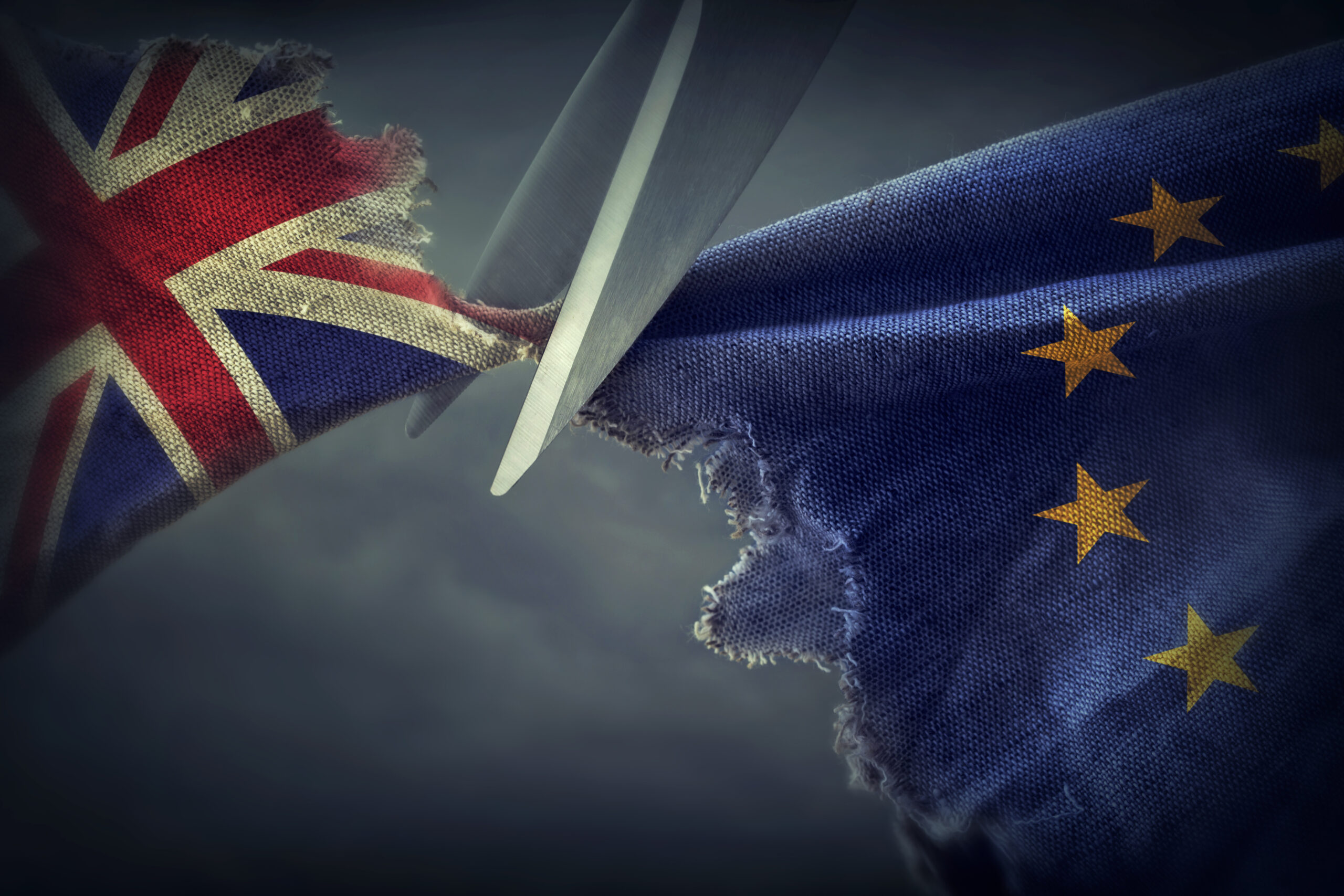
This article first appeared on The Entrepreneurship Centre – University of Cambridge Judge Business School, on 19 December 2016
What does business make of Brexit? It’s been one of the big questions of the post-referendum debate. Will employers flee the scene and investors baulk at the uncertainties? Or does it remain business as usual? From Nissan to Apple and Jaguar Land Rover, there have been some early positive signs, but it remains too early to determine a direction of travel. And of course, we are some way off knowing what Brexit might look like, let alone what it will really mean.
Nevertheless, Brexit has unsurprisingly been a defining topic of conversation within business since the country voted to leave in June. I have everyday cause to work with and meet entrepreneurs, and no two conversations on Brexit are the same. If you filled a room with a representative sample of British entrepreneurs you would be turning from those who think it is the best thing to happen since the 1980s to others who believe it will have serious consequences on our economic performance and potential.
Britain’s entrepreneurs are a house divided over Brexit. Normally this is a group with much more to unite it than divide it: an ambition to succeed against the odds, optimism that the best is yet to come, and disdain for the institutions or individuals that stand in its way. Yet on Britain’s relationship with the EU, division abounds.
This is not just a question of market access and weights and measures. It is something very personal and emotive that cuts to the heart of the entrepreneur identity: of personal liberty, independence and the freedom to shape your own destiny. The differences are over what is defined as a freedom worth having. For the more libertarian of mind, the regulatory burden, legislative creep and corporatist tendencies of the EU are complete anathema, a fetter to be joyfully cast aside. By contrast, those lamenting the referendum result are those who feel deprived of a parallel freedom: the licence to do business freely with a continent of 500 million people, a reality most have grown up with and taken for granted.
The Brexit advocates make no secret of their glee at liberty from what they regard as a sclerotic, failing and damaging mess. For them, this sharp right takes UK plc onto a new road of opportunity, while the collapsing currency provides us with our most internationally competitive position in a generation. They want full steam ahead to economic independence.
By contrast, their opponents regard such developments with concern bordering on alarm. They believe Brexit was sold on a lie, a protest vote without thought to the commercial consequences, something that will sap rather than boost Britain’s economic ambition. For these alarm-raisers, Brexit means a break with the conditions that ensured Britain’s recent history of success. They want to turn the car around.
There is also the beginnings of a clear third group, one that is reaching neither for the accelerator nor the brake. For these founders — many of whom voted to Remain — the mileage is not in protesting or glorifying in the result, but making the best of what it means. Open minded and clear-headed, they are focused on getting on with the job, and adapting to the circumstances. Day by day this entirely pragmatic faction of firms see that they can take the small steps to allow the UK leap over the chasm. They are the steady-as-she-goes brigade.
Three world views, three groups of passionate, smart and informed founders. The opinions may be irreconcilable, but the ambitions are what bridge the divide. Everyone I have met who falls into these schools of thought wants the best for their business; all will fight for every last deal to get it.
We are in what feels like unprecedented territory, with most in business discovering for the first time what the real costs and consequences of political decisions can be. Like many, I feel we are living through a moment in history for which there is no obvious comparison in collective memory to offers compass points.
Navigating these waters is a defining challenge for our entrepreneurs. New realities. New opportunities and challenges. And it will be business, with its pivotal role of wealth and job creation, that can find many of the answers that will help Britain in the setting of its new course.